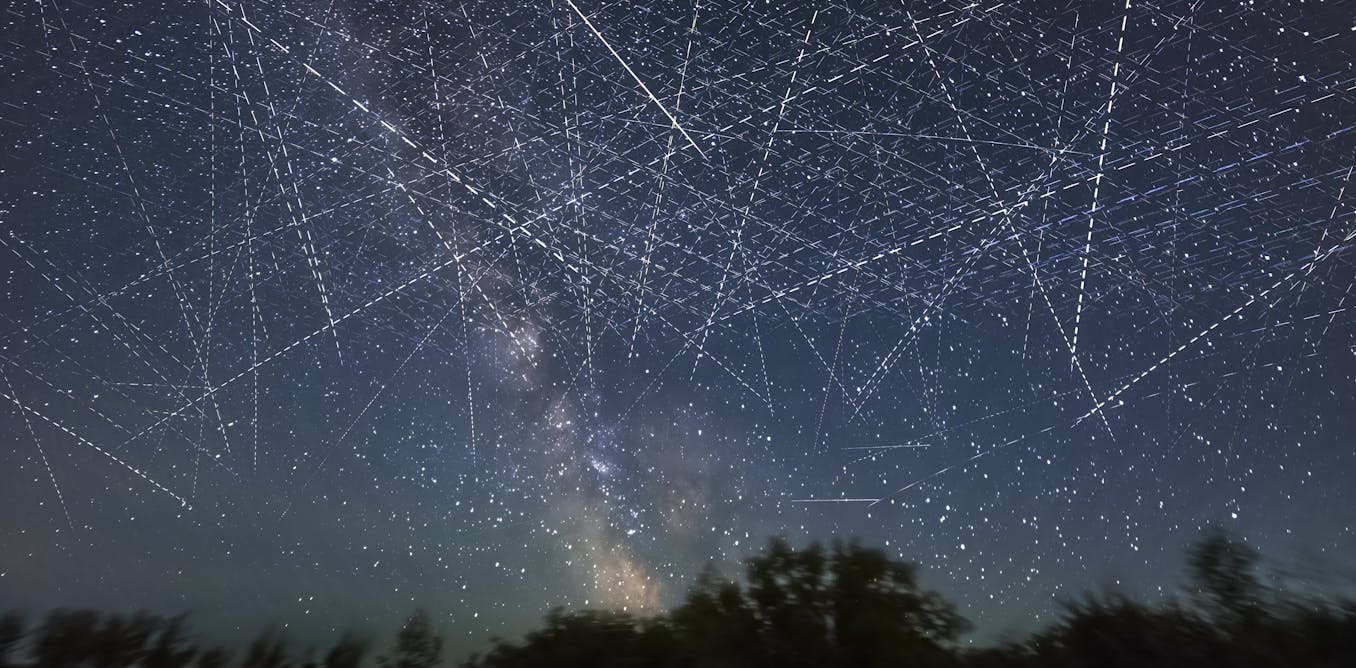When an international team of researchers set out to create an “AI scientist” to handle the whole scientific process, they didn’t know how far they’d get. Would the system they created really be capable of generating interesting hypotheses, running experiments, evaluating the results, and writing up papers?
What they ended up with, says researcher Cong Lu, was an AI tool that they judged equivalent to an early Ph.D. student. It had “some surprisingly creative ideas,” he says, but those good ideas were vastly outnumbered by bad ones. It struggled to write up its results coherently, and sometimes misunderstood its results: “It’s not that far from a Ph.D. student taking a wild guess at why something worked,” Lu says. And, perhaps like an early Ph.D. student who doesn’t yet understand ethics, it sometimes made things up in its papers, despite the researchers’ best efforts to keep it honest.
Lu, a postdoctoral research fellow at the University of British Columbia, collaborated on the project with several other academics, as well as with researchers from the buzzy Tokyo-based startup Sakana AI. The team recently posted a preprint about the work on the ArXiv server. And while the preprint includes a discussion of limitations and ethical considerations, it also contains some rather grandiose language, billing the AI scientist as “the beginning of a new era in scientific discovery,” and “the first comprehensive framework for fully automatic scientific discovery, enabling frontier large language models (LLMs) to perform research independently and communicate their findings.”
The AI scientist seems to capture the zeitgeist. It’s riding the wave of enthusiasm for AI for science, but some critics think that wave will toss nothing of value onto the beach.
The “AI for Science” Craze
This research is part of a broader trend of AI for science. Google DeepMind arguably started the craze back in 2020 when it unveiled AlphaFold, an AI system that amazed biologists by predicting the 3D structures of proteins with unprecedented accuracy. Since generative AI came on the scene, many more big corporate players have gotten involved. Tarek Besold, a SonyAI senior research scientist who leads the company’s AI for scientific discovery program, says that AI for science is “a goal behind which the AI community can rally in an effort to advance the underlying technology but—even more importantly—also to help humanity in addressing some of the most pressing issues of our times.”
Yet the movement has its critics. Shortly after a 2023 Google DeepMind paper came out claiming the discovery of 2.2 million new crystal structures (“equivalent to nearly 800 years’ worth of knowledge”), two materials scientists analyzed a random sampling of the proposed structures and said that they found “scant evidence for compounds that fulfill the trifecta of novelty, credibility, and utility.” In other words, AI can generate a lot of…
Read full article: The AI Scientist: A Tool from Sakana AI Stirs Up Controversy

The post “The AI Scientist: A Tool from Sakana AI Stirs Up Controversy” by Eliza Strickland was published on 09/09/2024 by spectrum.ieee.org




































Leave a Reply